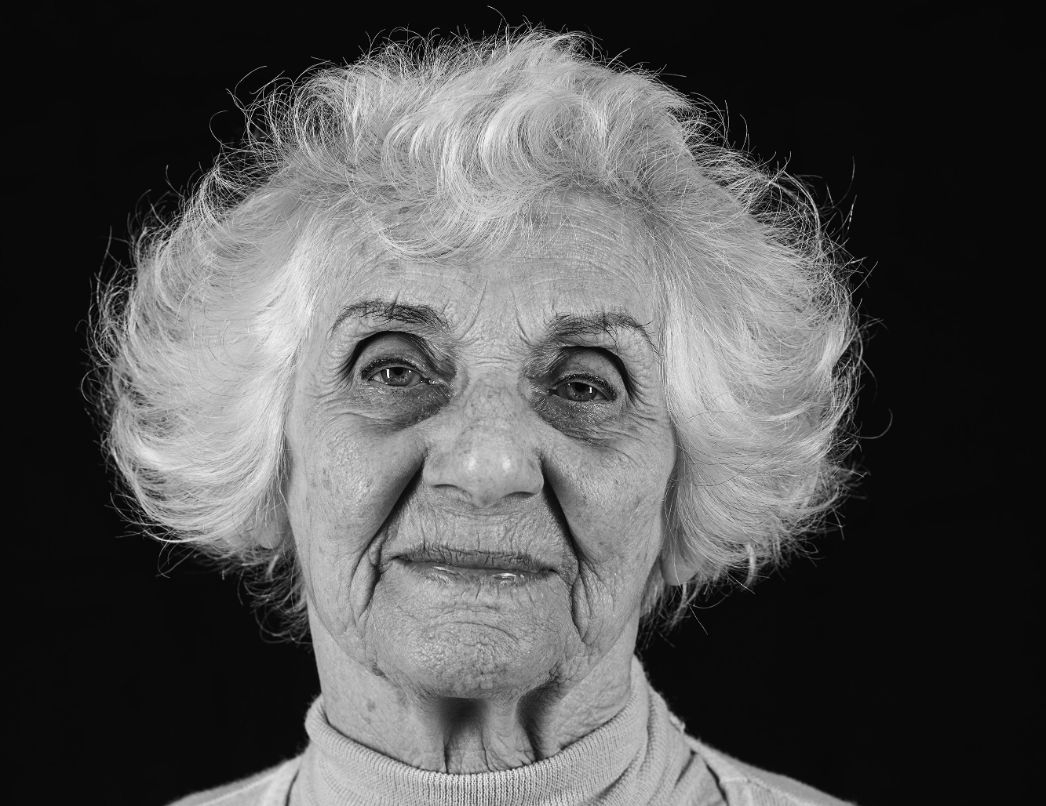Transcript
Éva Fahidi “When as a child I was asked what I wished for, I always answered that I wanted a living doll, in other words a sister or a brother. I had to wait eight years. One day my mother told me that the time had almost come ...”
Narrator Éva Fahidi and her little sister Gilike grew up in eastern Hungary on a farmstead. In 1936, the Jewish family converted to Catholicism. The sisters had a happy childhood. Eva recalled:
Éva Fahidi “She was like me, just a little smaller. But I could already do all kinds of things with her. Gymnastics was especially something I could teach her. We were constantly performing little shows for our family. [...] I enjoyed always having someone to play with.”
Narrator In the course of the 1930s, more and more anti-Semitic laws were passed in Hungary. This had an effect on the upper-class Fahidi family. At first young Éva was hardly aware of it.
Éva Fahidi “I played piano, did gymnastics and sports, as if I lived in Elysium and not in one of the few remaining peaceful enclaves in Europe over which hell was about to break loose, precisely the same hell as had broken loose in the rest of Europe.”
Narrator In the spring of 1944, the German army occupied Hungary. The Jewish population was forced into ghettos, including the Fahidis. Three months later they were transported to Auschwitz. Éva’s mother and her little sister were gassed and her father died a few weeks later of exhaustion. Éva was brought to Auschwitz-Birkenau, to the women’s camp. In August there was a selection, whereby she and 999 other women were selected for forced labour in Hessian Allendorf in an arms factory. The Allendorf subcamp belonged to the Buchenwald concentration camp’s administrative district. The conditions there were better than in Auschwitz. Éva survived: With others she was able to escape from a death march and to hide in a barn until the Allies came.
Éva Fahidi lost her entire family, and with them the entire world she knew as a child.
Éva Fahidi “Now in my old age I think back with longing to the realm of my mother, her unbreakable rules, her motherly omnipotence, which she practiced with tenderness, care and love. She organized our life, but in a way that we didn’t even notice. The irretrievability of it all hurts indescribably, and also that absolutely nothing of her remains [...] The way in which she was lost – so different from our family tradition, which holds that the family cares for its elderly at home until the last breath, until their soul leaves them – the way that my mother, my father, my little sister lost their lives, the ice-cold methodical nature of it, which I had not even figured out at the time, left a wound that even the longest life will not be able to heal. We did not even say goodbye to each other.”


